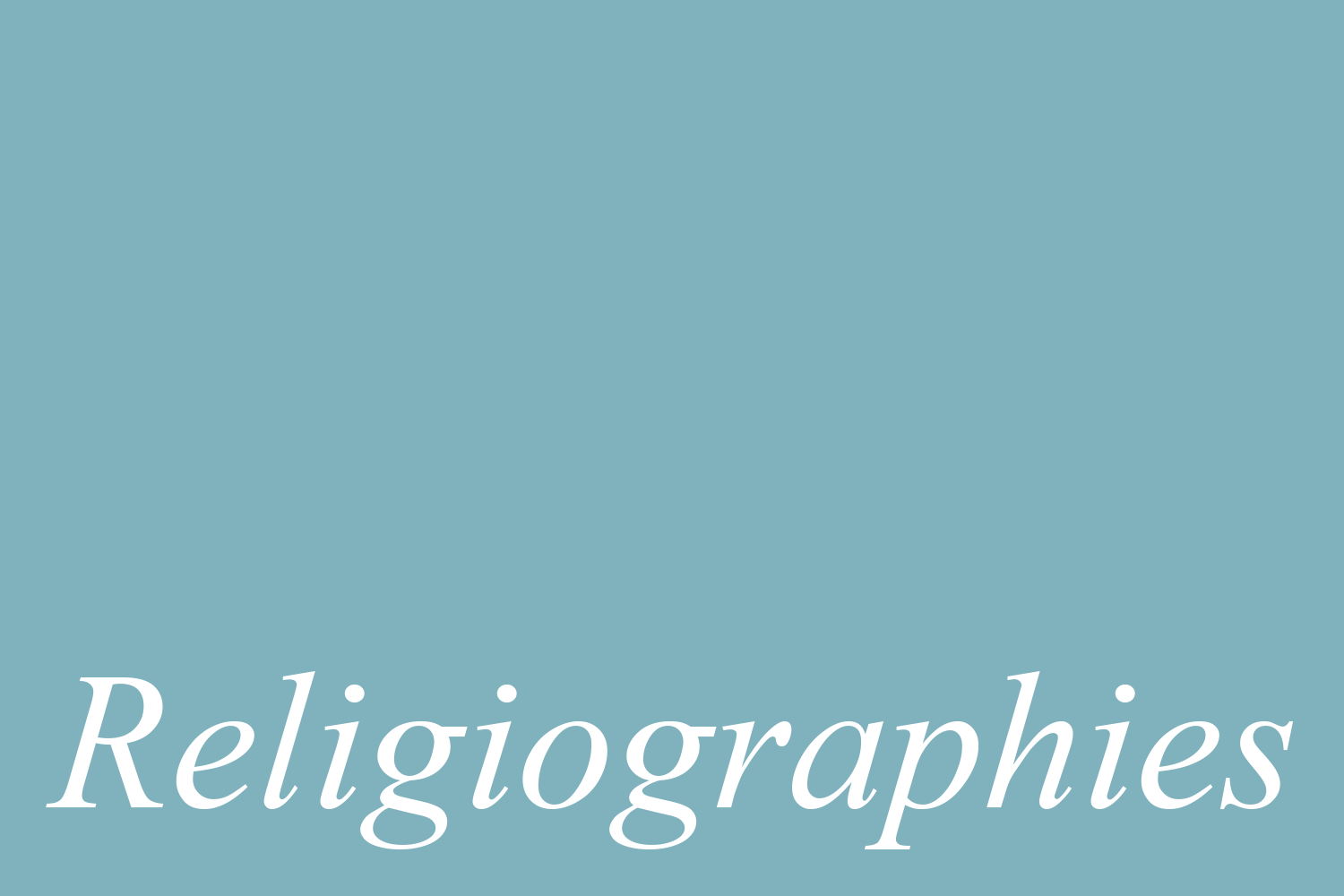Religiographies
Open-access and peer-reviewed journal, curated by the Centre for Comparative Studies of Civilisations and Spiritualities at the Fondazione Giorgio Cini.
Religiographies is dedicated to the study of religious phenomena, fostering an interdisciplinary dialogue among historians, sociologists, anthropologists, philosophers, and psychologists. Mysticism, esotericism, and spirituality are the three main themes of the journal, which are explored within their historical and cultural contexts, challenging traditional categories of religion. The heterographie section, dedicated to artistic and visual works, expands the understanding of the phenomena discussed.
Religiographies is an open-access, peer-reviewed, scholarly journal dedicated to the field of religious studies and published under the auspices of the Centre for Comparative Studies of Civilisations and Spiritualities of the Giorgio Cini Foundation. Since 2025, it has been recognised by ANVUR (the agency of the Ministry of Education) as a scientific journal for Area 11 (Historical, Philosophical, Pedagogical and Psychological Studies); Religiographies wishes to foster an interdisciplinary approach to religious phenomena, promoting dialogue between historians, sociologists, anthropologists, literary scholars, philosophers, and psychologists.
We aim at promoting an anthropological history and at the same time a socio-anthropology with a strong historical emphasis, intending to avoid both socio-anthropological presentism and history only focused on ideas and institutions, while ignoring materiality, emotions, everyday lives.
We encourage at deconstructing and challenging categories (including the very word “religion”) not as a theoretical exercise, a proof of concept, but as a practice, showing with fieldwork data, the porosity and frailty of our categories.
We aim at discussing those topics that are often neglected by social and human sciences – such as mysticism, esotericism, spirituality – which, in the words of Michel de Certeau, “haunt scientific epistemology”. Our aim is not to create another journal on alternative spiritualities, but to bring these themes back into mainstream discussions of religious and cultural phenomena.
Finally, with the concept of heterographies– we intend to give space to other forms of representations, such as photography, comics, video, and artwork. These other languages will allow contributors – scholars and artists – to explore dimensions beyond the social sciences frame of objectiveness and coherence. This section, called heterographies, is not strictly scientific: it will not be peer-reviewed, but will receive feedback from the editors and invited commentators.
We invite submission on all religious phenomena, with a special focus on:
- comparative approaches;
- cultural transfers: acculturation, appropriation, imagination;
- continuities and discontinuities between religious discourses and everyday life practices;
- transhistorical perspective, stressing the connections between old and new trends;
- liminal phenomena between the secular and the religious;
- the relationship with alterity, understood not only as religious, but also in terms of gender, sexual orientation, and ethnicity;
- phenomenology of the religious body: perceptions, emotions, sensations and construction of the body;
- epistemological and methodological debates about the transferability and translatability of religious studies categories.
Editor-in-chief
Francesco Piraino, Fondazione Giorgio Cini / Harvard Divinity School
Editors
Mark Sedgwick , University of Aarhus
Dionigi Albera, CNRS-IDEMEC
Assistant editors
Elena Bernardinello, Fondazione Giorgio Cini
Eva Salviato, Fondazione Giorgio Cini
Copy editor and proofreader
Anna Fitzgerald
Book Reviews
Valentina Gaddi, Université de Montréal
Editorial board
Stefano Allievi, University of Padua
Egil Asprem, University of Stockholm
Katell Berthelot, CNRS–Aix-Marseille University
Francesco Cerchiaro, Radboud University
Andrea De Antoni, University of Kyoto
John Eade, University of Roehampton
Diana Espírito Santo, Universidad Catholica de Chile
Fabrizio Ferrari, University of Padua
Mattia Fumanti , University of St. Andrews
Giuseppe Giordan, University of Padua
Alberta Giorgi, University of Bergamo
Boaz Huss, Ben Gurion University
Salvatore La Mendola, University of Padua
Marco Pasi, University of Amsterdam
Enzo Pace, University of Padua
Stefania Palmisano, University of Turin
Vadim Putzu, Missouri State University
Khalid Razzhali, University of Padua
Antonio Rigopoulos, University of Ca’ Foscari
Armando Salvatore, University of McGill
Chiara Tommasi, University of Pisa
Fabio Vicini, University of Verona
Religiographies vol.3 n.2 (2024)
Religiographies vol.3 n.1 (2024)
Religiographies vol.2 n.2 (2023)
Religiographies vol.2 n.1 (2023)
Religiographies vol.1 n.1 (2022)
